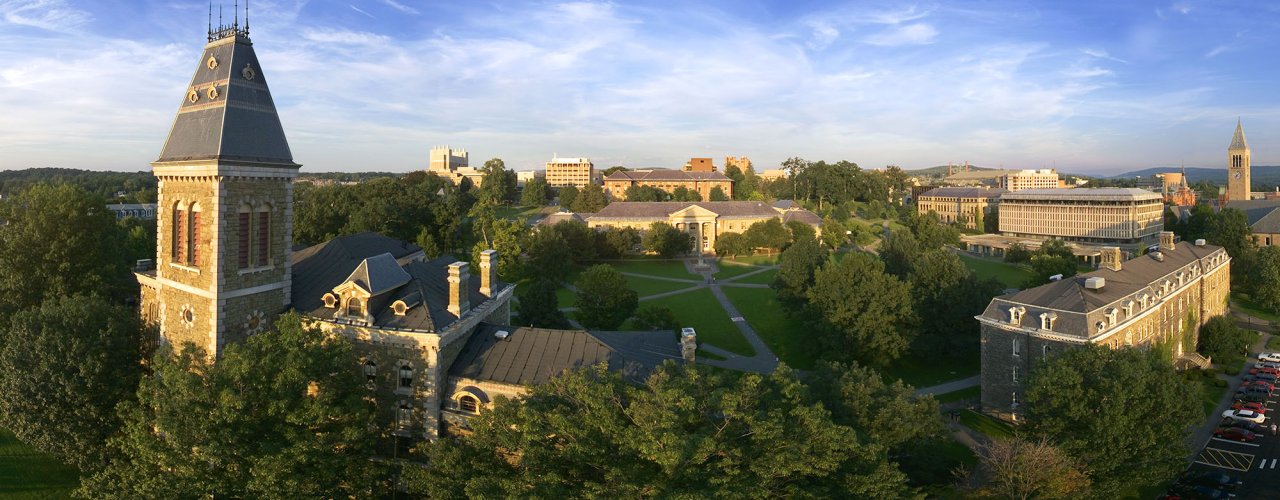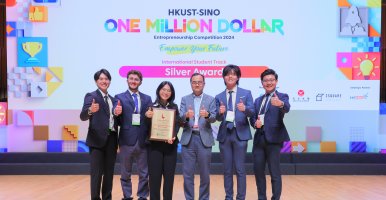Hackathon Team Represents Cornell in HKUST Entrepreneurship Competition
Empathera, a student team formed at the Cornell Health Tech Hackathon in March 2024, has been selected to represent Cornell in the Hong Kong University of Science and Technology (HKUST) Sino-Million Dollar Entrepreneurship Competition.
October Update:
Empathera team wins the Silver Award in the International Track at the competition!
Congratulations to the team: Antranig Baghdassarian, Leah Lackey, Andrew Lee, Johnson Liu, Brianna Leung (University of Pennsylvania), and Justin Liu (Northeastern University).
The competition, which now includes international participants, recognized Empathera’s innovative StimSense System, a closed-loop device designed to prevent pressure ulcers in bedridden patients. After advancing through initial rounds, Empathera is among the top five finalists and will compete in person at HKUST this October. The team’s device aims to address a significant healthcare challenge, potentially reducing the $11 billion annual cost of pressure ulcers in the U.S. healthcare system.
The team is currently ideating and developing two methods of stimulation, a pneumatic actuator option and an electrical muscle stimulation option, to accommodate the needs of different healthcare facilities. Given that pressure ulcers are such a significant issue in care today, costing the U.S. healthcare system an estimated $11 billion dollars per year, we believe that this product has the potential to make a significant impact and drive proactive care for better patient outcomes.
“I have a lot of faith in this team, all the work we’ve put in, the hours we spent, that I really think this product could really go far and end up helping a lot of people.
“I love that I’m able to really utilize what I learn in class and really get a taste of what it’s like to be a biomedical engineer and see a product from ideation to implementation, truly a blessing.”
-Antranig Baghdassarian '27, Biomedical Engineering


